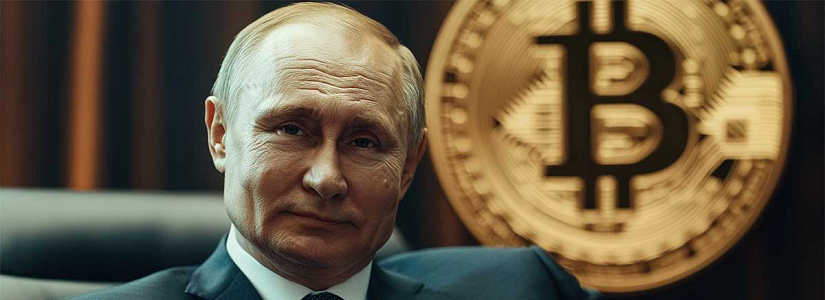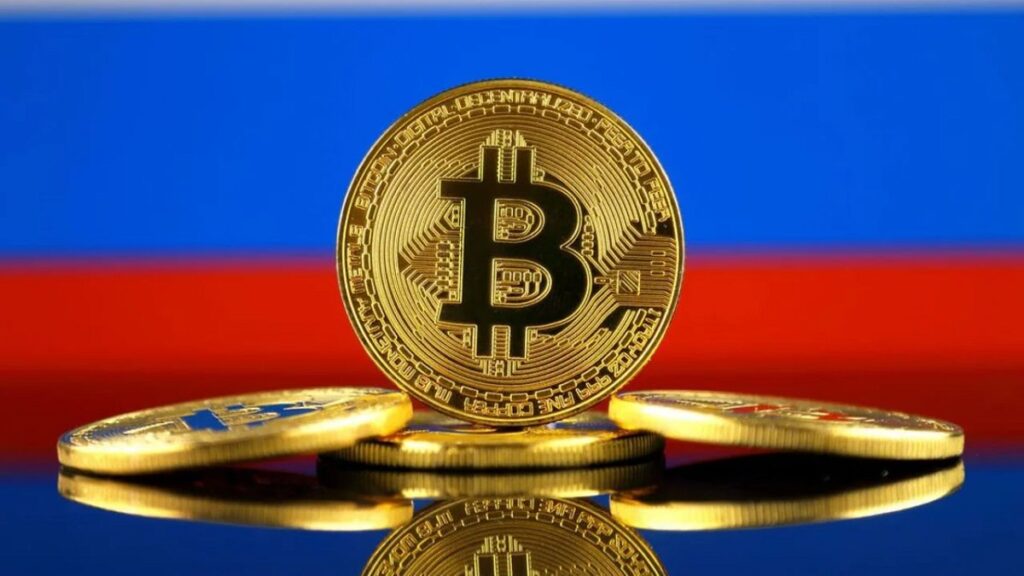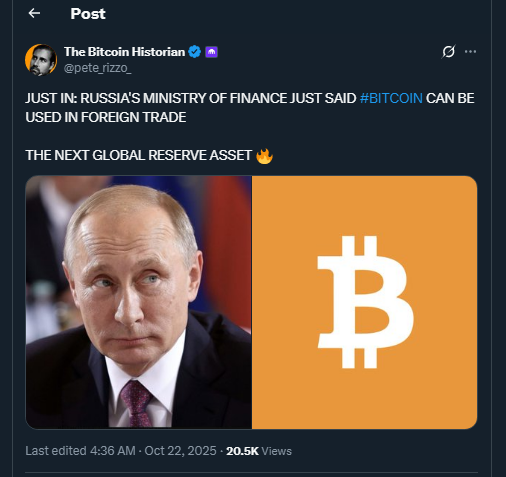TL;DR
- Russia’s Finance Ministry has officially approved the use of Bitcoin for international trade, marking a bold shift in financial policy.
- This move follows years of sanctions and aims to create alternatives to dollar-based systems.
- The country’s vast energy surplus is also being used to power large-scale Bitcoin mining, supporting its pivot toward crypto-backed trade strategies.
As global financial alliances shift and traditional systems come under strain, Russia is taking decisive steps to embed Bitcoin into its trade infrastructure. On October 21, Finance Minister Anton Siluanov confirmed that cryptocurrency will now be legally used in cross-border transactions under a regulated framework. With the approval of both the Ministry of Finance and the Central Bank, Russia becomes the largest economy yet to operationalize Bitcoin in sovereign trade.
This isn’t just about bypassing sanctions, it reflects a broader alignment with digital assets as tools for national economic resilience. Russia’s energy-rich regions, particularly Siberia, already host some of the world’s largest mining operations. By channeling excess energy into Bitcoin mining, Russia is not only creating a profitable export commodity but also building a parallel financial system that challenges dollar dependency.
Digital Trade Infrastructure Gains Governmental Momentum
The policy introduces a pilot system where vetted companies can use Bitcoin through regulated exchanges for payments on exports such as oil, gas, metals, and tech components. While retail use remains restricted, state-approved institutions are expected to benefit from lower transaction costs and fewer geopolitical hurdles.
Minister Siluanov emphasized the need for legal clarity, stating that crypto trade must occur within a structured environment alongside monitoring agencies like Rosfinmonitoring. Central Bank Chair Elvira Nabiullina echoed this, adding that institutional control will be key to ensuring stability and transparency in implementation.
Global Implications And A Shift Toward Multipolar Finance
Bitcoin markets responded with optimism. Following the announcement, its price rose to approximately $108,500, gaining 2.8% during early European trading. Analysts now speculate that similar policies could emerge in other BRICS nations, as dedollarization trends gather momentum. China’s Digital Yuan further illustrates a global pivot toward decentralized and state-sanctioned digital payment systems.

Despite regulatory resistance from Western countries, Bitcoin’s utility in sanction-resistant trade is undeniable. By using blockchain-based settlements, Russia is reinforcing the role of decentralized assets in future global finance, while simultaneously inviting others to explore crypto as a strategic asset.
If successful, Russia’s approach could reshape how international trade operates in a divided global economy, setting the stage for a future where digital currencies hold a permanent seat at the table.











